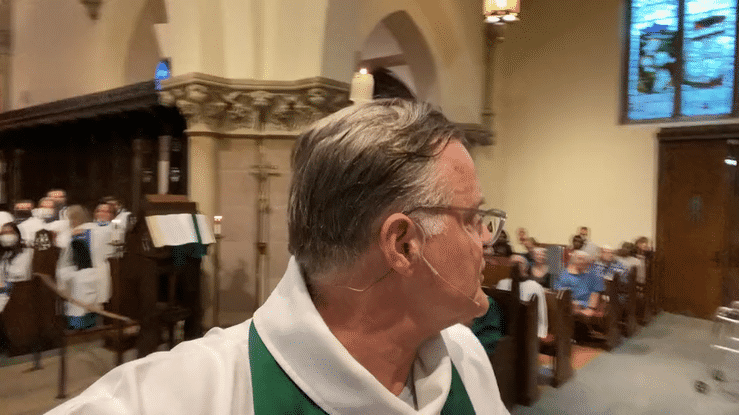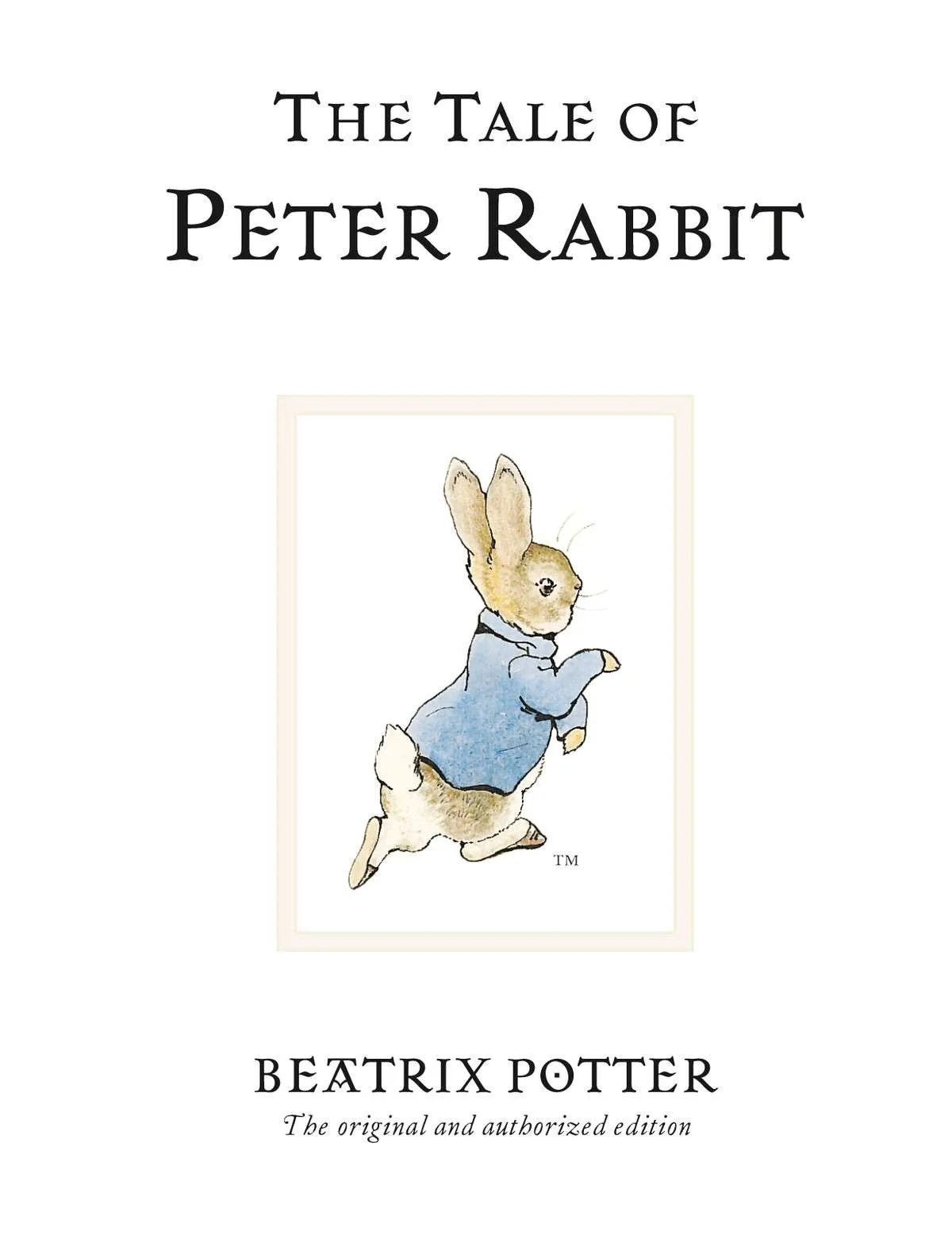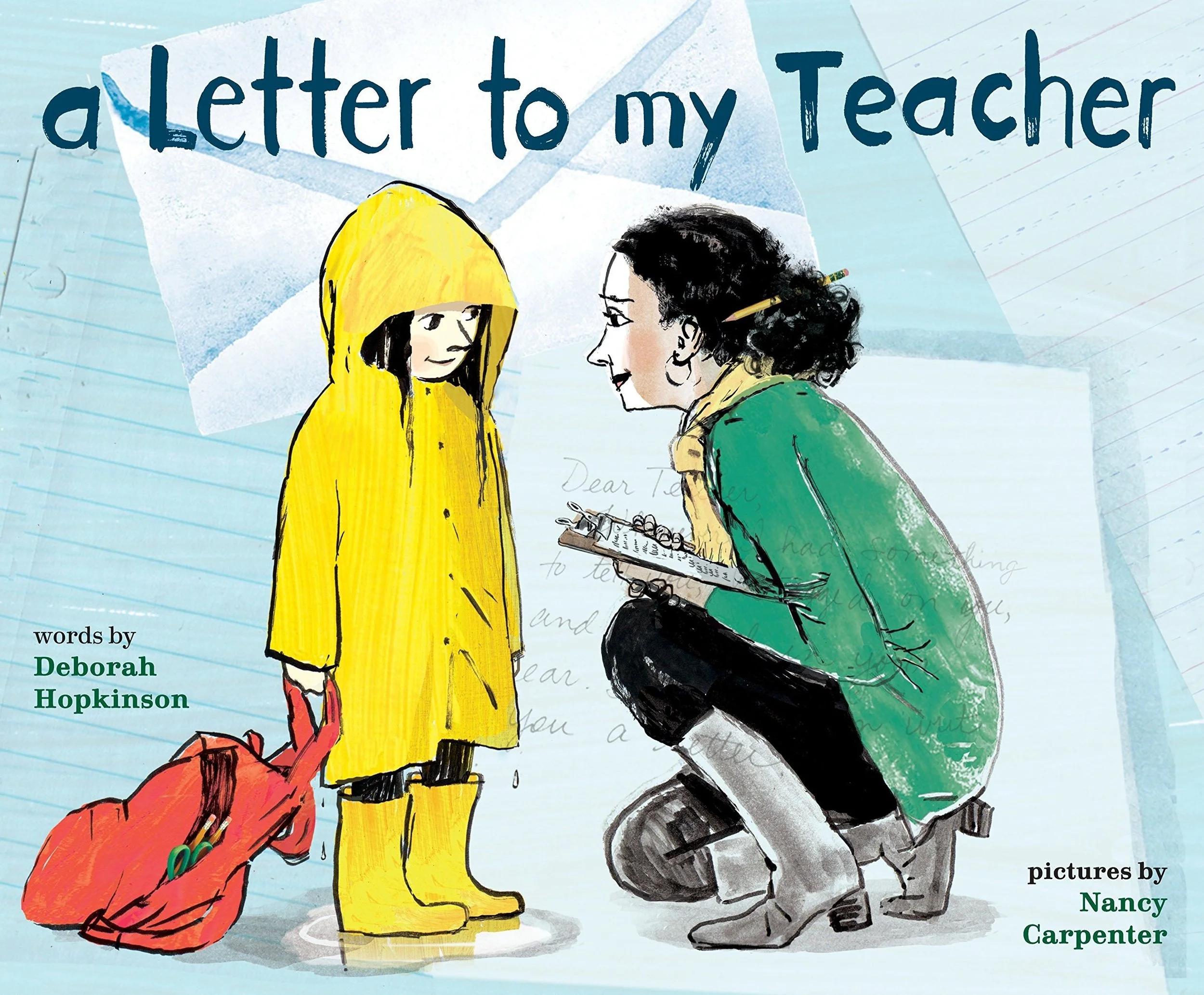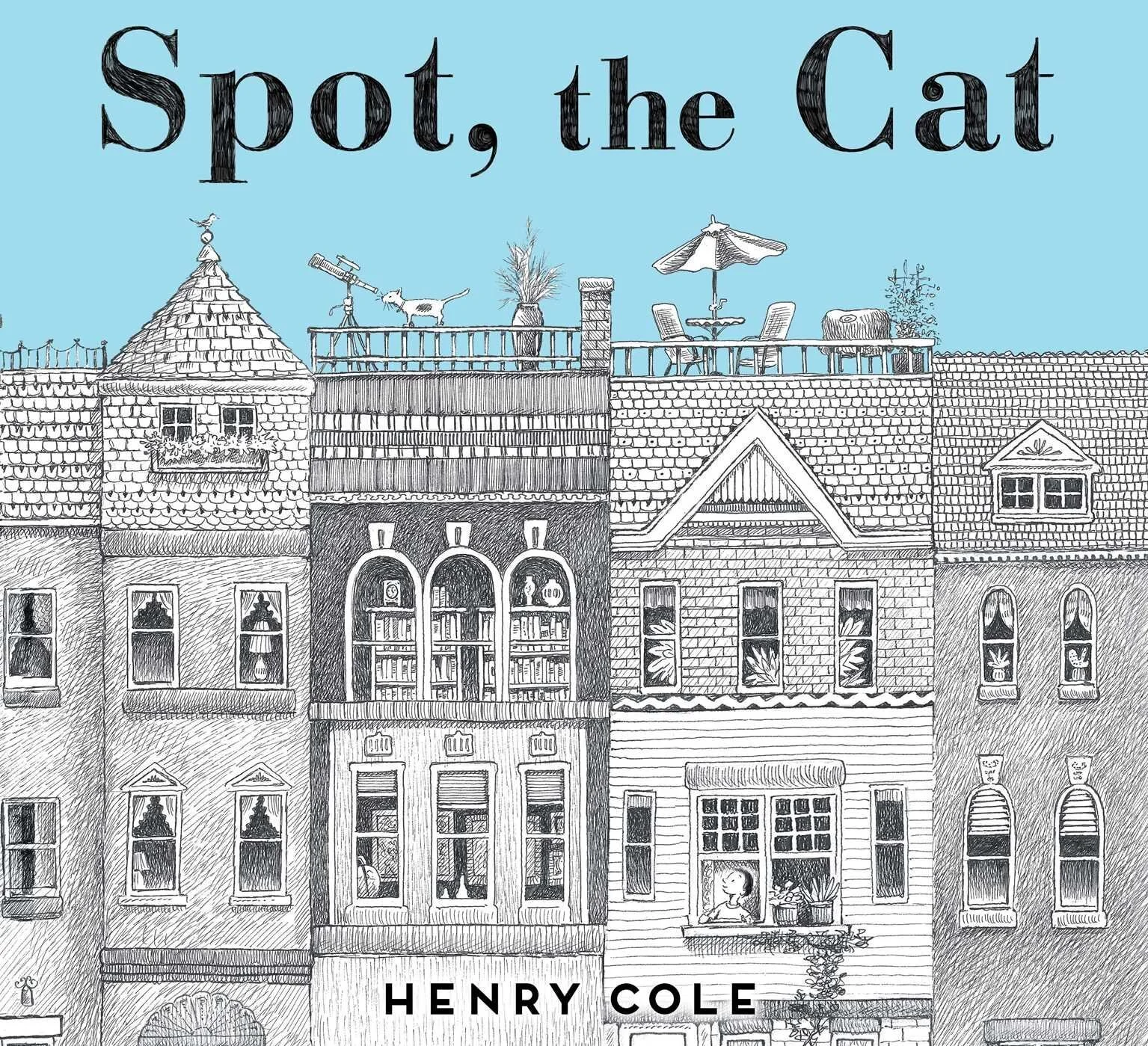Note: This week’s resource corner includes texts from both Revised Common Lectionary (RCL) tracks. Typically, we read the RCL Track 2 texts at Trinity on Sundays.
Though I rarely get to do it, I love working with clay. Maybe some of you remember the feel of working with clay on a pottery wheel, the process of throwing a pot, the frustration of needing to start over, or the excitement of firing the finished creation in the kiln. In this week’s text from Jeremiah, the prophet receives a word from the Lord to visit the potter’s house just when the potter had to rework a spoiled project into something new. Jeremiah must imagine God as a potter shaping and reshaping the people to bring God’s ways of life and love into the world. My Pen, by Christopher Myers, helps us to imagine God’s creativity and artistry transforming reality. (For those of you familiar with Harold’s Purple Crayon, by Crockett Johnson, this book is a fresh take on the idea that artistic creativity changes reality.) Starting from a meditation on feeling a bit small and powerless compared with rich and famous people, the narrator uses line drawings to express the power of imagination and love.
For older readers, Linda Sue Park’s story, A Single Shard, offers a reflection on how creativity transforms even the artist. Set in Korea, the story follows an orphan named Tree-ear, after he accidentally shatters a pot in a master potter’s studio. How will he repair the damage? How will he change in the process? In spare, evocative prose, Park transports readers across time and space as she narrates Tree-ear’s journey. As you reflect on God’s creativity, you might wonder together how you can participate in that creativity this week. Ask where you see God transforming the world already and then brainstorm about ways you can partner with God’s work in the world.
In this week’s lectionary text from Deuteronomy, Moses exhorts the Israelites to “choose life so that you and your descendants may live” (Deut 30:19) in the promised land. Moses knows that this is not always easy, and that in their desert wanderings, the people did not always choose life. In fact, Moses himself will not get to enter the promised land with the people because of his own disobedience to God’s command. As parents, we often tell our children to follow certain rules for their own good, and I’m sure we’ve all experienced the frustration of our children ignoring our instructions. How can we help our children understand the love lying behind the rules we enforce? Especially when the choice to be naughty is tempting. In That Is NOT a Good Idea, by Mo Willems, invites young children to join a chorus of chicks watching a situation unfold between a fox and a goose. Mo Willems’ trademark humor and illustrations will be familiar to fans of Gerald and Piggy, or the Pigeon. Other books with a similar story line to try are Chanticleer and the Fox, by Barbara Cooney, and The Tale of Jemima Puddle-Duck, by Beatrix Potter.
For older readers, Charlie and the Chocolate Factory, by Roald Dahl, is a zany romp through Willy Wonka’s chocolate factory with Charlie and the other winners of Mr. Wonka’s coveted Golden Tickets. When they begin the tour, Mr. Wonka issues a warning, reminiscent of the warning Moses issues to the Israelites. The children and their chaperones are about to enter the promised land of sweets. If they want to get through the entire factory tour, they must follow Mr. Wonka’s instructions exactly, or chance the consequences. Who will make it past the (legion) temptations to stray from the path inside and who will succumb? No spoilers here. This book makes a great read- aloud!
Paul’s epistle to Philemon is the shortest book in the Bible. The lectionary reading for Sunday contains almost the entire book! In spite of its brevity, the book gestures toward several profound transformations—spiritual, physical, and relational. However, these incredibly complex changes happened in ways that might be invisible to other people. Onesimus was Philemon’s former slave who ran away and has become a follower of Christ while he was in prison with Paul. Can Philemon look past his memory of the Onesimus he used to know in order to welcome the transformed Onesimus? This question of perception, of past and present selves, is tricky indeed. For kids, coming back from summer to a new year at school might provide practice in getting to know familiar faces in new ways. Amy Krouse Rosenthal’s optical playfulness in Duck Rabbit! offers another way to explore this concept. Rosenthal incorporates visual puzzles into her story to help young readers think about differences of opinion and perception. You might wonder together how this story helps you recognize people in new ways, as beloved by God.
For older readers, Gordon Korman’s book Restart takes on the challenges of transformation through the story of Chase, a school bully who falls off his roof and develops amnesia. He forgets everything about who he was and who his friends were. As he experiences school and friendship from a totally different perspective, Chase has the opportunity to develop new habits of compassion and kindness instead of returning to his old ways of bullying. This middle-grade book offers opportunities to discuss power dynamics, fear, bullying, and repairing relationships. Parents and teachers might wonder with kids about how we can encourage fresh starts for each other and practice habits of compassion together.
Choosing life, being transformed and reshaped by God, seeing people in new ways—all these things connect to the theme of sacrifice. This week’s reading from Luke’s gospel points directly to this theme. The way of life is difficult and sometimes requires sacrifice. Luke’s Jesus exhorts his followers to consider that cost, so that we are not taken by surprise later when we realize we have to sacrifice things we love to keep following him. In our culture, this concept of sacrifice is very hard to learn and to teach. When my second child was less than a year old, they were diagnosed with severe food allergies, so we had to change our ways of cooking and eating in order to keep Teddy safe and healthy. This was a tremendous sacrifice for my oldest child, who loved peanut-butter and jam sandwiches for lunch. If you have had to give up favorite foods, you might enter a discussion about sacrifice from that point. Ginger Foglesong Gibson imagines another possible access point in Tiptoe Joe, a sneaker-wearing bear on a mission to show all his animal friends a surprise. But only if they can follow quietly. Shhhh! At the end, we all get to see what Tiptoe Joe wants to show us – new bear cubs, sleeping in the den! When we welcome siblings into a family, our entire rhythm has to change to accommodate the new, tiny person. If you are in this stage, or about to enter it, you might imagine creative ways to change as a family. What about having special quiet reading time during the baby’s naps? Or what about putting together a “nap time box” with a few special, big-kid toys that only come out during naptime? Play “Yes! And...” with your oldest kid(s) to figure out what things they might like to do as they adjust to the new family size. If it’s been a while since you had to navigate this kind of challenge, you might wonder about how this concept of sacrifice for others plays out in our church community – what will it be like to welcome new people to Trinity? If there are things that have changed recently, how have you adjusted? What changes felt like sacrifices and what changes were a relief? What did you learn about yourself and about our community as a result?































































